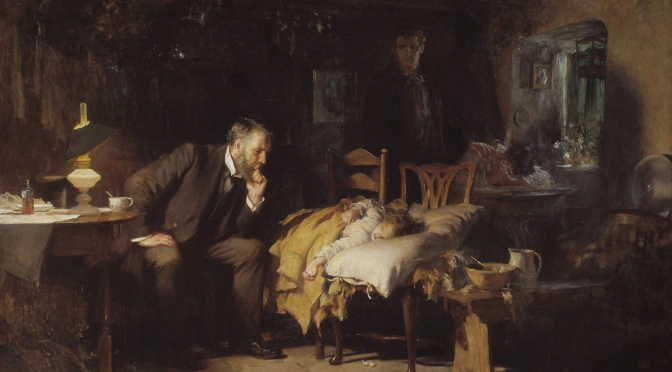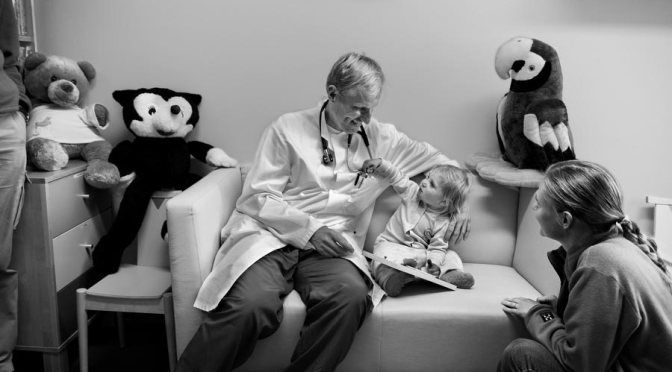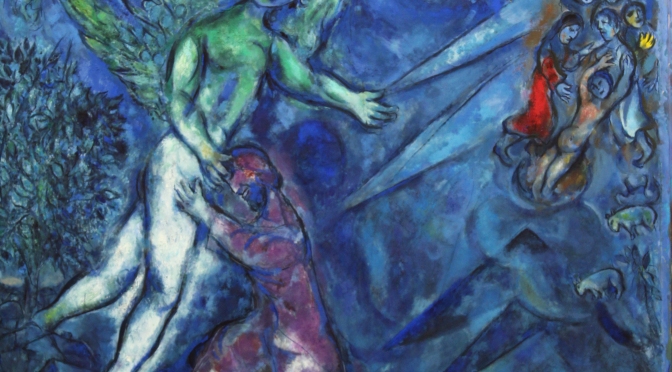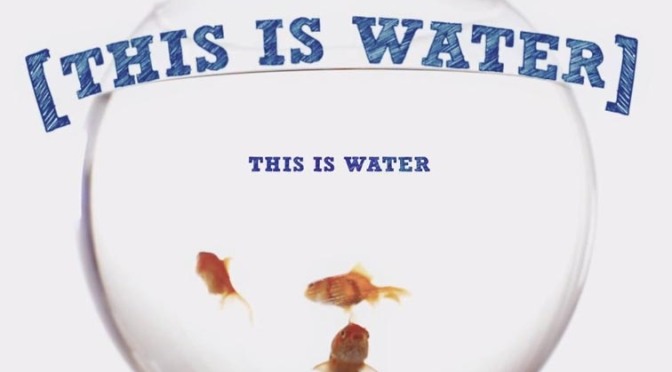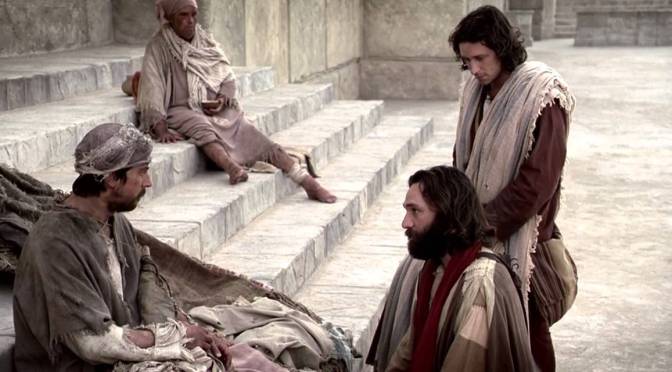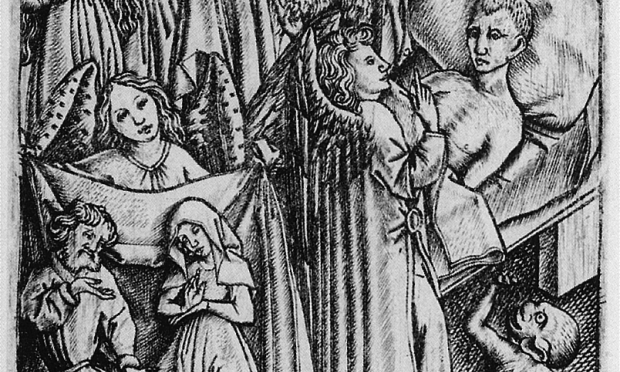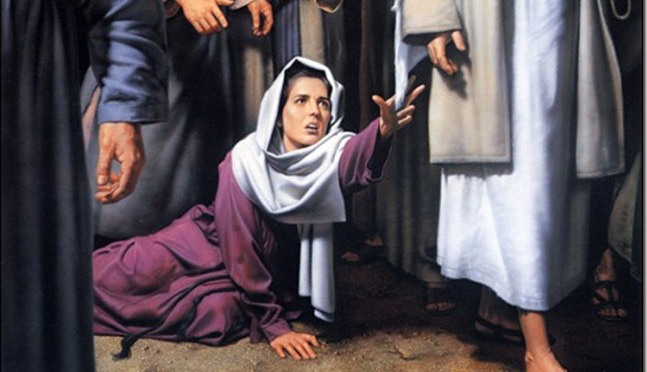It is no longer possible to call the physician-patient relationship a ‘relationship.’ It’s no surprise, given that other forms of human relationships, including those between spouses, employer and employee, and parent and child, have become mere battlegrounds for the assertion of political rights – a grotesque dance in which both parties are more obsessed with protecting oneself or not stepping on the other’s toes, and less on actually creating beautiful movements. Such a dance, in the end, is not a dance at all.
The lack of a substantive conception of the physician-patient relationship in medicine is nowhere more apparent than in the paternalism vs autonomy debate. The dichotomy spawns from a curious and particular narration of medical history, in which medicine ‘in the old days’ is seen as an intrusive, colonial force that has no regard for the moral agency of patients, and in which the ‘new’ medicine moves towards a better model that simultaneously prioritizes patient choice and opinion and restrains physician authority. In this narration (and this is the implication of the dichotomy), the patient at best is a glorified bag of rights, whose interests must be protected from the ever-encroaching violations of medical authority. Physicians, likewise, must ensure they make no mistakes, or at least, err on the side of giving the patients what they ask, lest they get sued or, even worse, score poorly on patient “satisfaction” ratings. Physician and patient are pitted against each other, and the ‘relationship’ is a total misnomer for what has functionally become a battlefield in which the patient must always rise victorious.
Certainly, this narration was useful, for events in medical history have given us very good reasons to be wary of authority. The Nazis used theirs to justify a perverted and insatiable thirst for scientific knowledge, and conducted unthinkable experiments on millions of Jews. The Americans – the self-proclaimed purveyors of democracy – were not exempt from similar sins. For a period of time, American physicians conducted systematic sterilization of those we considered undesirable, and we used science to justify why they were undesirable, using such vague and euphemistic terms as ‘imbecilic’ or ‘aggressive.’ In the infamous Tuskegee experiments, physicians (who were white) infected poor black farmers with syphilis without their knowledge in order to follow the disease progress, and reinforced a continuing legacy that has left black Americans with a gnawing, subconscious distrust of medical authority. The abuse, and misuse, of authority happens even today – sexual misconduct and discriminatory treatment of the homeless are a few of its faces. Given all of this, it is undeniable that patients need very important protections from their physicians, and laws such as HIPAA (which protects every patient’s privacy) should be lauded as examples of real progress.
But we cannot stop there. Even if the language of protection and rights was necessary to minimize the possibility of the abuse of power, the medical profession cannot let that language be the sole resource for how we enter into relationships with patients, for this is a very impoverished view of what that relationship may be. If we discount all forms of authority – pointing out where it exists and attempting to expunge all of its vestiges – we will find ourselves living a delusion and practicing a medicine that honors the humanity of neither the patient nor the physician. I believe, rather, that we should interpret medical history differently: the lesson of Nazism, Tuskegee, and other instances of the abuse of medical authority, is not that medical authority is evil and to be shunned, but that authority must be housed in a proper covenant between physician and physician and physician and patient.
For one, asking physicians to totally relinquish their authority is simply impossible; whether we like it or not, physicians are authority figures.
Take the Flexner Report (1910) and the subsequent birth of modern American medicine. [The Flexner Report is, perhaps, one of the most important documents in the history of modern medicine, and not just in the United States, given its repercussions. Prior to the Report, American medicine was a chaotic melange of quackery and medical science – there was no national standardization of physician training and licensure, medical schools did not collaborate with hospitals, and anybody who took courses at a self-proclaimed ‘medical school’ could feign doctorhood. The Report designated Johns Hopkins Medical School (then one of the very few medical schools that combined scientific research, bedside clinical teaching, and patient care at an affiliated hospital) as the example for all American medical schools to follow, and caused the closure of all schools that failed to conform.] Why did the Carnegie Foundation, the sponsor of the Report and one of the largest American philanthropic organizations, commission a study of the medical profession rather than any other? Interestingly, the Foundation sponsored the report as a response to the seeming declining moral and cultural power of the Christian church in American towns and cities and the speculated rise in such power among physicians. Instead of turning to their churches and clergy, the Foundation believed, Americans would now turn to their physicians for guidance in birth, life, and death. All hail the new priesthood of medical science.
This speculation, it turns out, was spot on, for medicine holds such great sway in the minds and lives of Americans today that it would not be amiss call medicine the new religion. Without a positive conception of the meaningful life oriented around true goods, health, long life, and the prospect of controlling one’s destiny have become the idols at whose feet Americans lay a heavy sacrifice. Medicine can create life when we want and it can destroy it when we want; medicine can better our mood and dampen our sadness; medicine can define (in its own language) what it means to be well and not well, normal and not normal, human and not human. Here, the physician, like the Levites of old, stand as mediators between the emptied soul, scrambling to grasp whatever it can to fill its inner void, and the god that cannot deliver on its grand promises. So we see that, no matter how much physicians would shun the title, they are moral authorities, and giving the patient what they seek is not a “neutral” act, but a morally charged one, establishing a certain view of happiness, of meaning, and of purpose, centered on the unrestrained and untamed desires of the human heart.
Physicians nowadays would largely deny the above (namely that they are moral authorities whether they like it or not), but even then, other forms of authority subsist in medicine. Indeed, they must, for coherent collective action is impossible unless there is an authority structure that ensures, or at least encourages, the alignment of individual action with the collective vision. In the medical profession, the absence of moral dialogue or consensus, stemming from the refusal to engage medicine as a moral practice, simply leads to the establishment of technical expertise as the new basis and language for authority. Since we cannot agree on the ‘why’ questions, we have largely resigned to answering only the ‘how’ questions; medicine has no purpose or limited end, let’s use it for everything, and let’s just focus on how to do those things in the most efficient and most profitable manner. This was Weber’s great insight – the bureaucratizing force that shapes all human institutions in the secular age. The end result is a profound ‘disenchantment,’ in which spiritual concepts such as the birth (or death and killing) of a child, the passing of the elderly, and even human emotions lose their glow of mystery and become mere procedures to be optimized. Technical prowess, optimization, and efficiency is the language of a profession fearful of engaging the moral nature of its own practice.
One can see how, in this impoverished environment, the ‘transaction’ model would emerge as an attractive model for physician-patient interactions. Patients request a particular service, and physicians, like a dispensing machine, simply provide that service, no questions asked. It is, supposedly, the morally ‘neutral’ default that resolves the paternalism/autonomy tension. But if what I’ve said so far is true, this is more like a delusional solution to a false problem. In fact, one might interpret the prevalence of physician burn-out and patient dissatisfaction and mistrust (and malpractice suit rates) as the symptoms of a dehumanizing transactionalism. If so, a more positive vision for relationships is urgently needed – a vision that does not merely fill in the gaps in a rights-based, transactional framework, but one that reimagines entirely what it means for an authority figure to serve, guide, and be present with, those who are suffering from illness. As I’ve suggested before, this might involve recovering the language of covenant in medicine.
The question, then, is how this covenant can be sustained, for the acknowledgement of authority comes with great responsibility to steward that authority and use it for good, not for evil. Already, we see that the task of medical education is enormous, and must rise above simply imparting technical knowledge – it must, no less, produce good physicians.
The problem of medical education, and how we can impart a vision for the ‘good physician’ to successive generations, I will address in the second part to this post (to come later).


